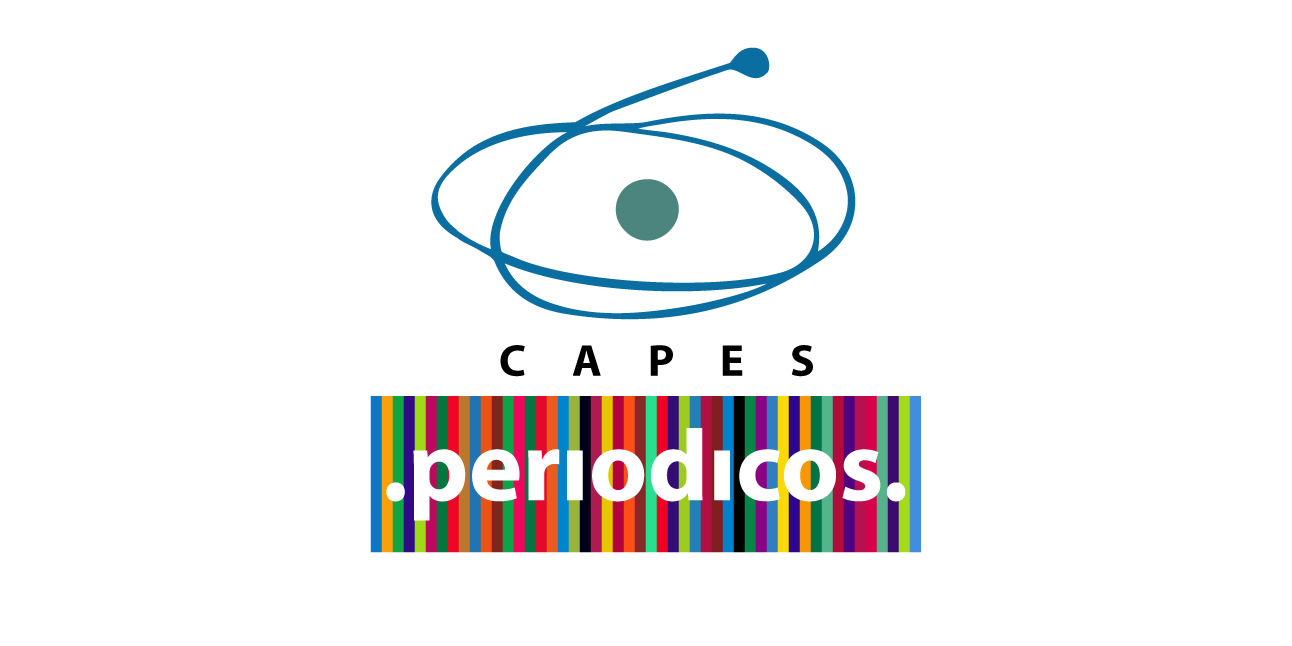A [IN]CONVENCIONALIDADE DA REGULAÇÃO MIGRATÓRIA BRASILEIRA
DOI:
https://doi.org/10.21680/1982-310X.2020v13n2ID22929Resumo
O presente artigo busca investigar a [in]convencionalidade da legislação brasileira acerca da matéria migratória. A recente publicação e polêmica acerca da revogada Portaria nº 666/2019/MJ e da sua substituta n 770/2019/MJ, cuja matéria visa regulamentar a possibilidade de deportação sumária de imigrante reacendeu o debate acerca da não convencionalidade da legislação migratória brasileira, frente aos compromissos e costumes internacionais. A busca pelo equilíbrio entre o soberano direito do Estado de regular o ingresso de pessoas em seu território e o respeito aos direitos humanos mínimos é o grande desafio a ser enfrentado pelos países quando se trata de legislação que cuida do tema da migração. O controle de convencionalidade é o mecanismo reconhecido pela Corte Interamericana de Direitos Humanos para averiguação da conformidade da legislação interna com os tratados e convenções internacionais que versem sobre Direitos Humanos. Neste sentido, frente a possibilidade de responsabilização internacional do Estado e o desrespeito aos direitos humanos mínimos, este estudo cuidará de pesquisar sobre a não conformidade da legislação brasileira em matéria migratória aos tratados e convenções de Direitos Humanos dos quais o Brasil é signatário. Para tanto, o trabalho abordará a lei de migração brasileira, a sua adequação ao direito internacional, bem como as falhas de sua regulamentação, com ênfase à Portaria 666/2019 e à Portaria 770/2019, do Ministério da Justiça. Neste sentido, utilizando-se a metodologia de pesquisa bibliográfica em doutrina, legislação e jurisprudência nacional e internacional, empregando-se o método dedutivo, busca-se demonstrar a não convencionalidade da legislação brasileira com o tema proposto.
Palavras-chave: Controle de Convencionalidade. Direitos Humanos. Legislação migratória.
Downloads
Downloads
Publicado
Como Citar
Edição
Seção
Licença
Autores mantêm os direitos autorais pelo seu artigo. Entretanto, repassam direitos de primeira publicação à revista. Em contrapartida, a revista pode transferir os direitos autorais, permitindo uso do artigo para fins não- comerciais, incluindo direito de enviar o trabalho para outras bases de dados ou meios de publicação.















